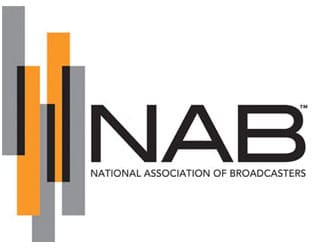Sen. Ben Cardin (D-MD) felt he was the victim of deceptive advertising during his 2006 campaign to upgrade his Capitol Hill office from the House to the Senate side. Although he won the race, he attempted to hold his opponent accountable and was told there was nothing on the books specifically addressing his complaint. So he is proposing to change the books. Campaign literature issued in selected areas by his opponent, Michael Steele (R-MD), at the time the state's lieutenant governor, suggested that various prominent Maryland Democrats were supporting the Steele campaign.
The bill, which according to the Washington Post, was introduced last year by Chuck Shumer (D-NY) and Barack Obama (D-IL), would target false campaign communications. Anything which was knowingly released by a campaign containing false information about voting venues and schedules, eligibility rules, the party affiliation of a candidate or endorsements would be subject to prosecution, and the penalty could reach five years and 100K in fines.
SmartMedia observation: As with most of the laws and regulations affecting political speech, it looks like the battle here will be between the politicians. In other words, a broadcast station would not be implicated for running an ad which proves to contain the kind of false information this bill would prohibit. We've seen lots of skirmishes over campaign advertising during the past few years, and are happy to report that at no time have we seen anyone suggest that broadcasters pin on a badge and try to police these often vitriolic campaign communications they are legally bound to put on the air.More webcasters seek help from Congress on CRB rates.
The CEOs of top webcasters sent a joint letter 6/8 to every member of Congress urging them revisit the increased webcast royalty rates (effective 7/15) set by the Copyright Royalty Board in May. Yahoo CEO Jerry Yang, RealNetworks CEO Rob Glaser, Live365 CEO Mark Lam and Pandora CEO Joe Kennedy say the new 500-dollar minimum annual fee per Internet radio channel and the royalties basically amount to 300% of the pre-existing rate.
They're also asking Congress to consider many online radio stations will go out of business when the new rates kick in: "While process is important, we submit that the end result, which threatens the viability of the smallest, most innovative, most artist- and consumer-friendly promotional radio industry, is most significant. We ask you for your help to restore balance and fairness so that this new industry can survive and continue to pay artists reasonable royalties."




